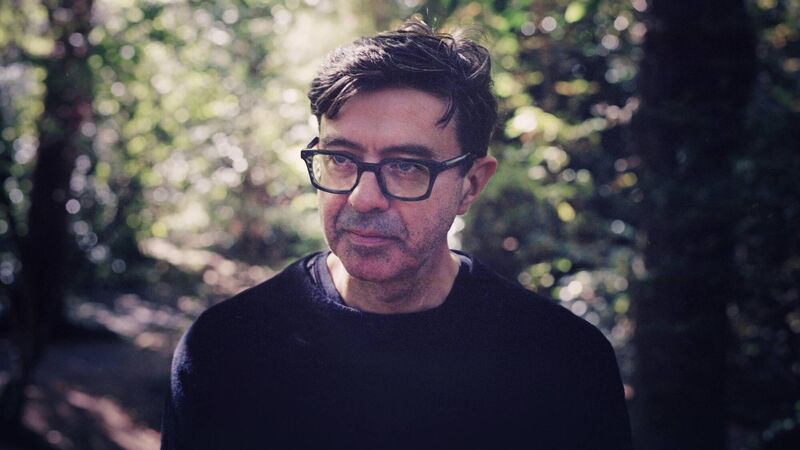'A sanctuary of music': Donnacha Dennehy on West Cork Chamber Music Festival

Donnacha Dennehy is one of the participants in West Cork Chamber Music Festival. Picture: Hugh O'Conor
Donnacha Dennehy has been a leading light in contemporary Irish music since the foundation of the Crash Ensemble, over 25 years ago. The baton in that group has been passed to the cellist Kate Ellis, with Dennehy taking up a teaching role in Princeton nine years ago. Not that he hasn’t kept busy as a composer. Over the past several years, he has branched into the dramatic and operatic: witness his famine “docu-cantata” The Hunger, and his trilogy of operas with Enda Walsh.
This summer, however, sees his return to what he calls the more “austere” musical world of chamber music, with a new commission, Chorale for String Quartet, to be premiered by the Pacifica Quartet at West Cork Chamber Music Festival. Dennehy is also appearing in a public interview, and hosting a workshop for young composers.




